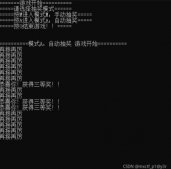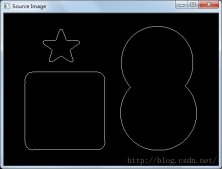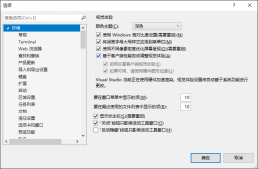在C++类中,有时候会使用到传值调用(即使用对象实体做参数),当遇到这种情况,可要小心了!尤其是当你所传值的对象生命周期较长,而非临时对象(生命周期段)的时候。来看看下面的情况:
|
1
2
3
4
5
6
7
8
9
10
11
12
13
14
15
16
17
18
19
20
21
22
23
24
25
26
27
28
29
30
31
32
33
|
#include <iostream>using namespace std;class Text{private:char * str;public:Text(){str = new char[20];::memset(str,0,20);}void SetText(char * str){strcpy(this->str,str);}char * GetText() const{return str;}~Text(){cout << "~Text Destruction" << endl;delete [] str;cout << "~Text Over" << endl;}};void Print(Text str){cout << str.GetText() << endl;}int main(){Text t;t.SetText("abc");Print(t);return 1;} |
上面执行的结果是程序崩溃了。原因是:
Print(Text str)在对str进行复制构造的时候,没有进行深度拷贝;当 Print退出的时候,因为是临时对象(函数初始时构造),对str进行析构,此时还没有出现任何问题;但回到main,继而退出main 的时候,又对t进行析构,但此时t内的str中的内容已经被销毁。由于对一内存空间实施了两次销毁,于是就出现了内存出错。
解决方法如下:
重写前拷贝。像以下版本,不同的情况要作出适当的调整:
|
1
2
3
4
5
6
7
8
9
10
11
12
13
14
15
16
17
18
19
20
21
22
23
24
25
26
27
28
29
30
31
32
33
34
35
36
|
#include <iostream>using namespace std;class Text{private:char * str;public:Text(){str = new char[20];::memset(str,0,20);}Text(Text &t){str = new char[20];strcpy(str,t.GetText());}void SetText(char * str){strcpy(this->str,str);}char * GetText() const{return str;}~Text(){cout << "~Text Destruction" << endl;delete [] str;cout << "~Text Over" << endl;}};void Print(Text str){cout << str.GetText() << endl;}int main(){Text t;t.SetText("abc");Print(t);return 1;} |
此处推荐不使用传值调用。就像下面书写如下Print版本:
|
1
2
3
4
|
void Print(Text &str){cout << str.GetText() << endl;} |
除非对象内所有的成员读属非指针内存内容,那么谨慎使用文章前面提到的用法。














